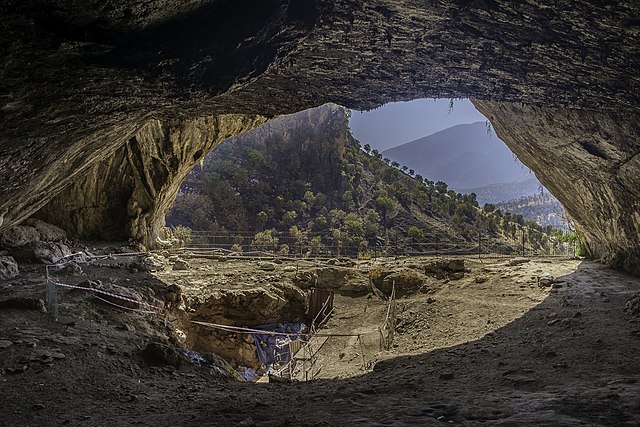The War in Iraq was an armed conflict between Iraq and its allies and the Islamic State. Following December 2013, the insurgency escalated into full-scale guerrilla warfare following clashes in the cities of Ramadi and Fallujah in parts of western Iraq, and culminated in the Islamic State offensive into Iraq in June 2014, which lead to the capture of the cities of Mosul, Tikrit and other cities in western and northern Iraq by the Islamic State. Between 4–9 June 2014, the city of Mosul was attacked and later fell; following this, Prime Minister Nuri al-Maliki called for a national state of emergency on 10 June. However, despite the security crisis, Iraq's parliament did not allow Maliki to declare a state of emergency; many legislators boycotted the session because they opposed expanding the prime minister's powers. Ali Ghaidan, a former military commander in Mosul, accused al-Maliki of being the one who issued the order to withdraw from the city of Mosul. At its height, ISIL held 56,000 square kilometers of Iraqi territory, containing 4.5 million citizens.

Iraqi Special Operations Forces (ISOF) Humvee on the street of Mosul, Northern Iraq, 16 November 2016 during the Battle of Mosul
Peshmerga tank at the frontlines, south of Kirkuk, in June 2014
Captured ISIL militant is guarded by PMF fighters after counter-insurgency operations in Saladin Governorate, April 2015
Iraq, officially the Republic of Iraq, is a country in West Asia and in the geopolitical region known as the Middle East. With a population of over 46 million, it is the 31st-most populous country. It is a federal parliamentary republic that consists of 19 governorates. Iraq is bordered by Turkey to the north, Iran to the east, the Persian Gulf and Kuwait to the southeast, Saudi Arabia to the south, Jordan to the southwest, and Syria to the west. The capital and largest city is Baghdad. Iraqi people are diverse; mostly Arabs, as well as Kurds, Turkmen, Assyrians, Armenians, Yazidis, Mandaeans, Persians and Shabakis with similarly diverse geography and wildlife. Most Iraqis are Muslims – minority faiths include Christianity, Yazidism, Mandaeism, Yarsanism and Zoroastrianism. The official languages of Iraq are Arabic and Kurdish; others also recognized in specific regions are Turkish, Suret, and Armenian.

Inside the Shanidar Cave, where the remains of eight adults and two infant Neanderthals, dating from around 65,000–35,000 years ago were found
Statue of Sumerian ruler Gudea of Lagash
Bronze head of an Akkadian ruler from Nineveh, presumably depicting either Sargon of Akkad, or Sargon's grandson Naram-Sin
Detail of a relief from the reconstruction of the Ishtar Gate, which display symbols of the Babylonian god Marduk.







